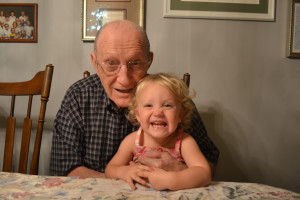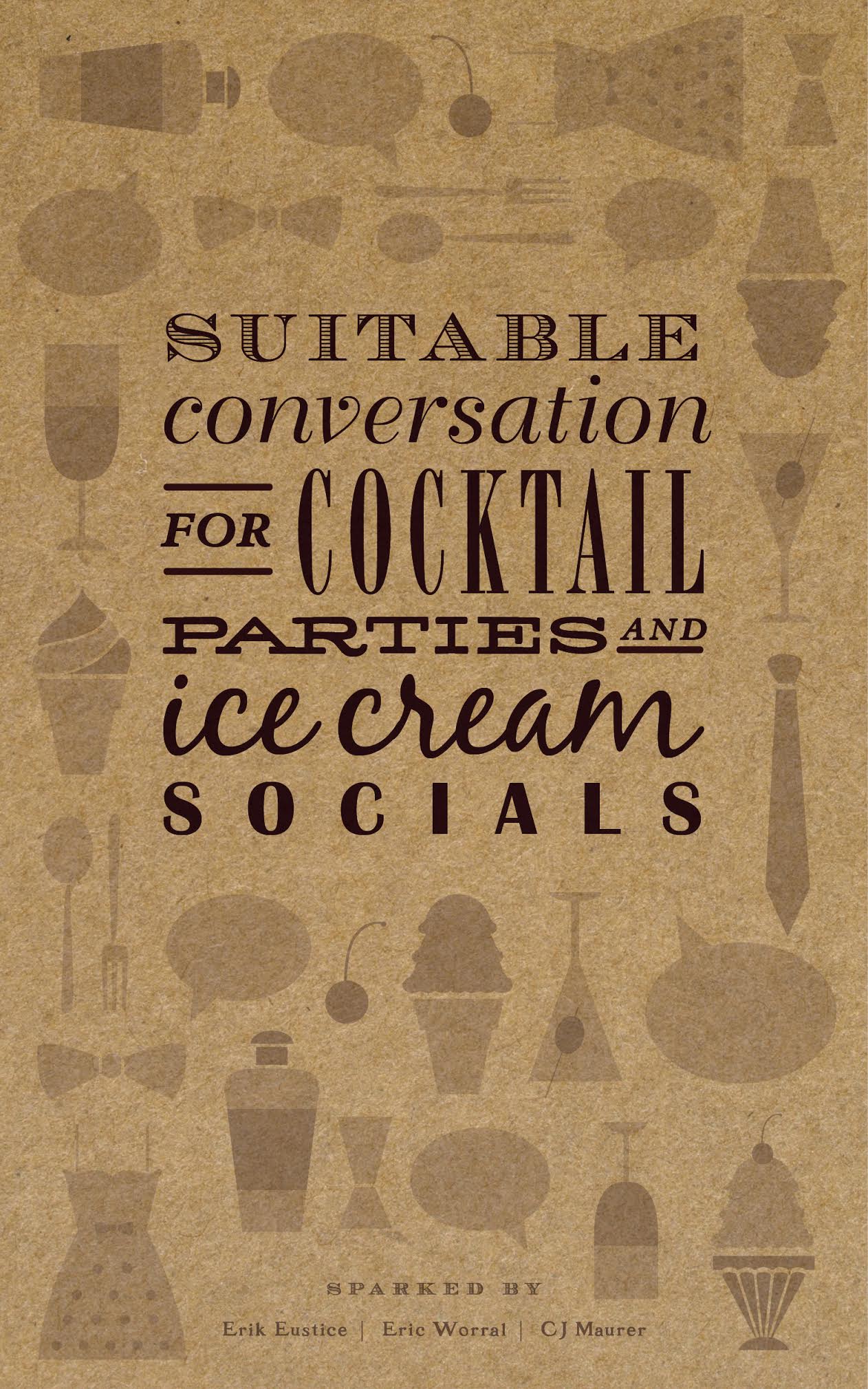 Let’s suppose I hand you a picture of my grandfather holding my daughter. Then I tell you it’s the only one I have and there’s no chance of me printing another. Now I ask you to rip it up! You’d have a hard time doing it. I know this because I’ve tried. If you’re like my friend Dennis, you wouldn’t be able to do it. You and I (and Dennis) are great at a lot of things. Attaching meaning to otherwise meaningless objects is one of those things.
Let’s suppose I hand you a picture of my grandfather holding my daughter. Then I tell you it’s the only one I have and there’s no chance of me printing another. Now I ask you to rip it up! You’d have a hard time doing it. I know this because I’ve tried. If you’re like my friend Dennis, you wouldn’t be able to do it. You and I (and Dennis) are great at a lot of things. Attaching meaning to otherwise meaningless objects is one of those things.
The reason is association. We associate the feelings we have for one thing with a symbol of that thing. The picture of my grandfather and daughter embodies their essence, or so it seems. Destroying the picture feels like destroying them. But it’s just paper. Nothing more. It’s not alive. It has no feelings. It doesn’t matter. Unless we make it matter.
The same is true for opinions of one’s self. You likely have unhealthy thoughts about yourself. I haven’t met someone yet who doesn’t. You might be under the belief that these are gifts from other people. In a way that could be correct. Maybe someone once said, “You’re not good enough.” Maybe they said, “You’re not attractive.” or “You don’t belong.” More likely is that something happened that made you feel like you weren’t enough, attractive or part of the group. You might have said to yourself “That must mean I’m not _______ enough. If I was then this wouldn’t have happened. I wouldn’t feel this way. This must be my fault.” You might not have noticed yourself saying/thinking these thoughts. You were probably emotional at the time. You were very likely too young to recall. It wasn’t actually true then, but at some point in your life it started to be. That’s when the coping mechanisms kicked in.
For me it’s humor. That’s the obvious one anyway. If I can just make enough people laugh then I’ll probably convince myself that I really am good enough. They wouldn’t be laughing if they didn’t like me, right? It’s probably why I crave affirming words from others.
I don’t remember when this began. I’m not sure what seminal conflict or event it’s a reaction to. I don’t think it’s anyone’s fault. I think this is part of the condition we are all in. I’m not sad about it. I’m grateful. I see a little more of who I have been and have a surer footing to step in a direction of my choosing.
So, we didn’t yet answer the question from the title, “When did it become true?”
Answer: When you chose to believe it.
Ever since, you’ve been reminded of how “true” this lie is. The comments, the looks, the tone, the silence. All of them associated with this belief you have that this is just the way you are, the way others see you, the way the world is. Or maybe it isn’t. Maybe they’re not thinking or intending any of that. Maybe you don’t need to compensate for it. Especially if it’s not really there.
I’m not saying it’s easy. We’ve spent a life “being” a certain way.
This time, though, let’s have a say in the matter.
The good news is that we already have proof it’s possible.


